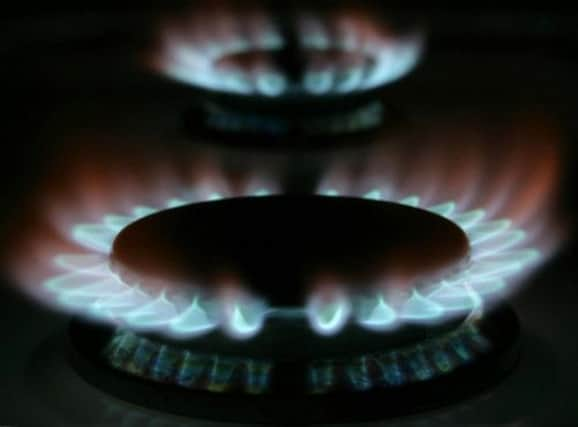Leaders: Political assurances on gas just hot air


During one of the coldest spells of this winter, people could have suddenly found that their heating and their cooker stopped working.
But at the time, when media outlets started to report that gas supplies had sunk dangerously low, ministers and the industry rushed to accuse newspapers and others of scaremongering. Britain had plenty of gas, we were assured; nobody need have any fear of going cold or being unable to cook hot food. It turns out that people had every right to worry.
Advertisement
Hide AdAdvertisement
Hide AdThis is an all too familiar tale – there is a report of a big problem affecting the public, the government and big companies insist there is no problem, then later we learn there was a problem. It is time that ministers and executives stopped travelling this well-trodden path.
There are two issues here. First there is the matter of gas supplies. The time when Britain was able to rely on home-produced gas from the North Sea is long past – the country now imports just over four-tenths of its total energy needs.
Gas imports come mainly through three pipelines from continental Europe. There are also storage caverns where gas imported at times of low demand can be kept for when demand rises. Finally there is also capacity to import liquefied natural gas by tanker from further afield, the Middle East mostly.
This is a reasonable variety of supply which should be capable of meeting most circumstances. But in this case, it did not. Apart from the water pump failure which affected the pipeline from Belgium, there were also technical problems at a processing plant in Norway which disrupted supplies through a second, Norwegian, pipeline.
Add in the fact that gas storage capacity in the UK – in underground caverns and depleted offshore gas fields – is a lot smaller than in other European countries, and is certainly too small for the size of Britain’s gas market, then there is a clear potential for supplies to the consumer to be disrupted when temperatures fall and the need to use gas rises. Or when other incidents or political changes have an effect on gas supplies.
Rustling up tanker-loads of gas from thousands of miles away at short notice is clearly impractical, so greater storage capacity is needed. This will add to the cost of gas – companies have to buy supplies, then keep them for long periods rather then selling them immediately, but better that than running out of gas.
Secondly there is the matter of those worthless government assurances. Public distrust of politicians and big companies is at an all-time high, and this will push it even higher. People in positions of power have to learn that the public want, and deserve, facts – no more and no less. People who cry sheep, when in fact there are wolves, may end up being eaten.